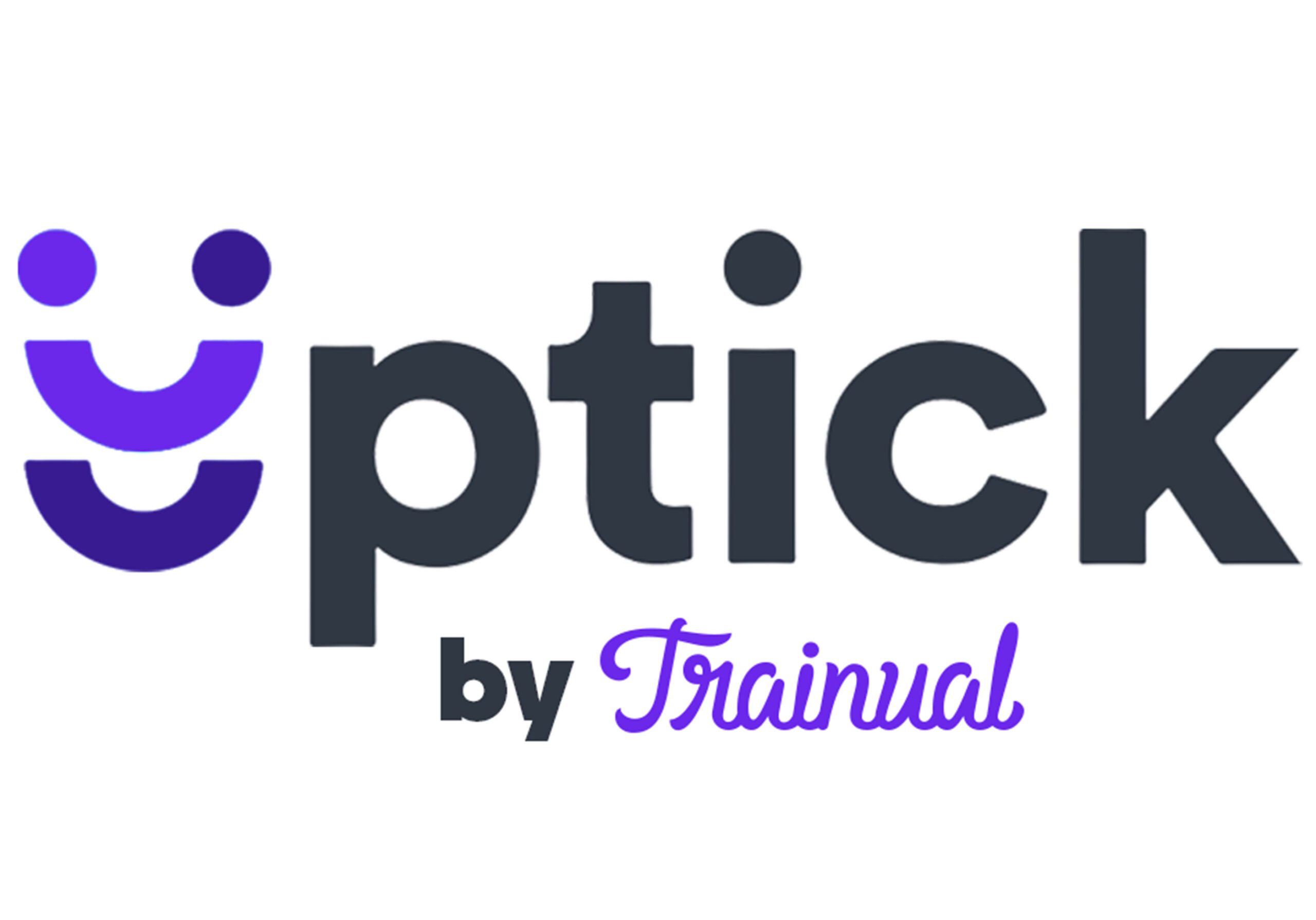Managers the world over struggle to make one-on-one meetings meaningful. If you have any doubt about this, just check one of the most popular forums for managers: Rands Leadership Slack.
“One-on-ones” is among the most active channels and it’s filled with managers grappling with how to ask the right one-on-one meeting questions. Many worry that they’re losing the chance to form genuine connections by going through the same old agenda week after week.
While managers may be worried about using the same questions every week, they also have to cover a wide range of topics in a short time: career development, candid feedback, and relationship building. If you neglect any of these, your one-on-ones will suffer. That’s why all these questions serve the core functions of one-on-one meetings.
So use the following questions to keep your meetings fresh by introducing new topics and trying a fresh approach to familiar issues. You don’t have to use all of these questions each time you meet. Start by shuffling one or two in to spur conversation, and then take it from there.
Relationship-Building Questions
Work is more meaningful for everyone involved when managers and employees know each other on a personal level. Make an effort to build trust and rapport and you’ll earn your team’s loyalty and engagement. Plus, staying informed about your team’s personal lives will help you support them better. If a team member’s work is suffering because of outside stressors, they need a safe context to tell you about it.
Show interest in getting to know your team members as human beings—not just your direct reports—with these one-on-one meeting questions.
1. How are you?
You probably already open your check-ins with this question, but you may not be asking it the right way. If you really want your team member to tell you how they’re doing, you need to show it. Use eye contact and body language to show you’re interested in the answer. Ask follow-up questions about whatever they mention. Give this person a chance to tell you something other than the perfunctory “fine, thanks.”
Asking your team members personal questions can be tricky. You want to leave the door open for people to talk about their personal lives without making more reserved team members uncomfortable.
This question lets you thread that needle because it lets the other person choose what they want to disclose. They might choose to tell you they got engaged, or they may just want to make small talk. Adding “since we last talked” invites employees to share new information, so you’re not working with an outdated understanding of their lives.
2. How are you de-stressing outside of work?
Asking about hobbies and interests is a great, casual way to connect. But saying, “Do you have any hobbies or interests?” makes you sound like an automaton.

A simple change of phrase keeps this topic current and conversational. Plus, the answer can provide useful insight into a team member’s overall state of mind. If they say they don’t have time for activities outside of work, they’re probably overwhelmed.
3. How is your work/life balance compared with what you expected when you took the job? Is there anything that would make it better?
Everyone’s work/life balance fluctuates over time, so you should ask this question every few months. It’s essential for both you and your team to keep an eye on this balance so you can identify burnout or disengagement. If a team member tells you that things have gotten out of balance, follow up by offering your support and a plan to manage their workload.
4. What’s something you’re looking forward to, either at work or outside it?
The beauty of this question is that everyone (hopefully) has something that they’re looking forward to, so everyone has an answer. Team members get to choose whether or not they want to discuss their personal lives, instead of feeling like their manager is prying it out of them. It’s also an opportunity to laugh and to learn more about your team’s priorities.
Creative Brainstorming Questions
Great one-on-one meetings aren’t just a chance to catch up; they’re also an opportunity to trade ideas and get genuinely excited about work together. After all, each of you has something to learn from the other’s perspective. Employees working on the front lines can see inefficiencies and opportunities you might be missing. And you can encourage team members to think through their challenges in new ways.
Here are some questions to get your creative juices flowing.
5. If you were a prospective customer, what would make you want to work with our company? What would make you hesitate?
“Think like a customer” may be a tenet of sales, but it’s a valuable exercise for any employee, regardless of their role. Give team members permission to be candid about your company’s strengths and weaknesses and you’ll both learn something. Thank them for sharing candid feedback so they know they won’t be punished for their honesty.
6. What’s a product/service/feature we should offer that we currently don’t?
Lest we forget, Amazon started out selling books, and Nintendo originally made playing cards. It’s worthwhile to occasionally ask whether your company has room to branch out into new territory. Even if you just bat around ideas, it’ll inevitably get both you and your team member thinking about your company’s strengths and areas of opportunity.
7. What do you think are the biggest time wasters on our team? If you could eliminate one aspect of your job, what would it be?
Being a good manager means eliminating inefficiencies wherever you find them. The trouble is, a lot of the work your team does is invisible, so you have to do some digging to figure out where time is being wasted. You might learn that one of your most highly qualified team members is wasting their time on data entry.
If nothing else, team members get to tell you about their workplace’s Achilles’ heel. What you choose to do with that information depends on individual circumstances. For example, if a team member says they hate giving presentations because of intense social anxiety, you can accommodate them. And if they say they hate writing up reports because they don’t feel confident with Excel, you can schedule training.
8. If you had all day tomorrow to focus on one project, what project would it be? Where would you start?
According to Gallup research, at least half of employees worldwide need greater clarity on what they’re supposed to be doing at work. Encourage employees to walk through their plans so you can clarify expectations. They’ll walk away feeling energized and confident about their work.
Want to start using these questions (and more) in your next one-on-one? Download the template now.
Professional Development Questions
Fostering a team member’s professional growth is one of the most critical parts of one-on-ones. Unfortunately, career goals can fall by the wayside when managers and team members get overwhelmed and caught up in the day-to-day challenges of work. These questions will keep your team from getting bored and apathetic and keep them focused on their long-term goals.
9. What’s your biggest goal for the next quarter? What roadblocks are standing in your way?
Set professional development goals that take roughly a quarter to complete. (A week is too short; a year is too long.) Identify obstacles, and then collaborate on a plan to conquer them. Record the objective in your one-on-one notes, and follow up about it next time you meet.

10. What’s one project or role that you’d love to try?
According to Deloitte research, one of the biggest obstacles to employee engagement is that team members rarely get the chance to pursue their passions or take on exciting challenges.
“Too many managers still expect workers to perform the rigidly specified and highly standardized tasks laid out in process manuals,” Deloitte writes.
Ask your team about their interests, and try to give them opportunities to pursue them. Let people experiment with new tools, new responsibilities, and new areas of the company. Your team will be richer for it.
11. Imagine you’re writing your self-evaluation next year. What will you say about what you’re about to accomplish?
Setting goals is one thing; committing to them is something else. This question puts goals in the context of outcomes to make them feel more immediate and less abstract. That will keep them focused, even in the face of setbacks or distractions.
12. Who on the team has been doing a great job lately? Who do you think doesn’t get enough credit?
This question gives team members an opportunity to say something nice about their colleagues. It’ll help them feel more positive and help you identify high-performers.
Getting Feedback for Managers
Don’t forget that one-on-one feedback is a two-way street. Managers desperately need constructive feedback from team members to provide support. Tweak your management style based on employee input with these one-on-one meeting questions:
13. Am I giving you too much or too little supervision and communication? what’s the sweet spot for you?
Every team member needs a different balance of structure and autonomy. Ask this question every few months, and adjust your involvement level accordingly. Don’t let them brush this off with a quick, one-word answer. Ask follow up questions to dig in deeper
14. What tools, training, or coaching do you need to make progress on your goals?
Take time in every one-on-one to offer support and mentorship. According to a CNBC survey, workers with mentors are happy and feel they’re well paid and that their contributions are valued. Even if you can’t take on that coaching role yourself, you can connect this team member to someone who can offer more guidance.
15. What questions do you have about your work or the company in general?
If you just race through your meeting agenda and then end the meeting, your team member may not have an opening to discuss issues that are gnawing at them. Finish every check-in by giving your team member the chance to bring up any issues that they want to cover.
One-on-One Meeting Questions Should Evolve with Your Team
Even the best employee-manager relationships can fall into an occasional rut if you don’t put in the effort to keep them the growing. The one-on-one meeting questions here can spur that growth but it’s up to you to sustain it. Document your team’s answers, look for trends, and occasionally shuffle in new questions. The mix of novelty and consistency is bound to keep your meetings and your team healthy for the long haul.
Tired of repetitive 1:1s?
Keep your one-on-one meetings engaging and fresh with Uptick’s 15+ Questions to Revive Stale One-on-Ones Template


